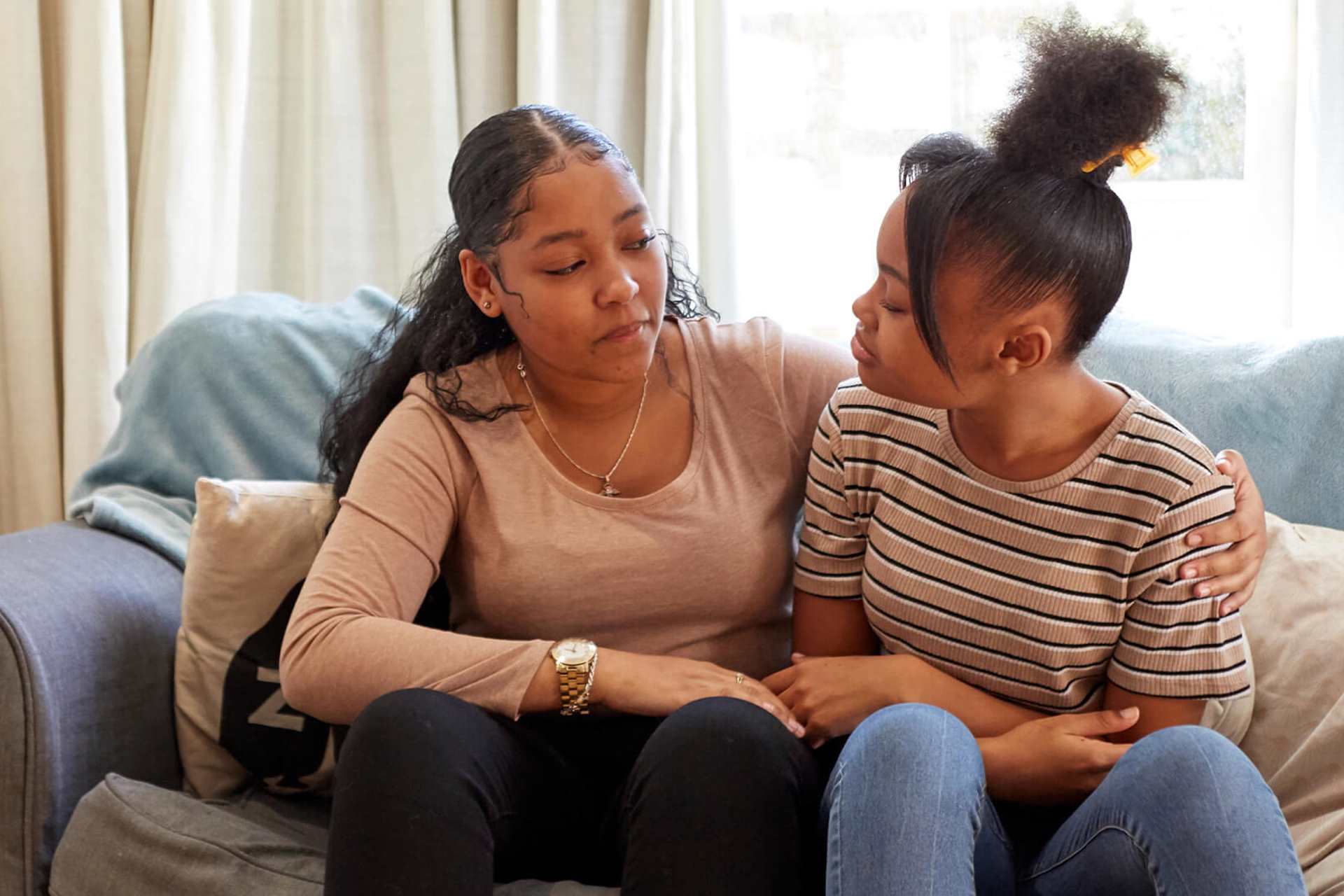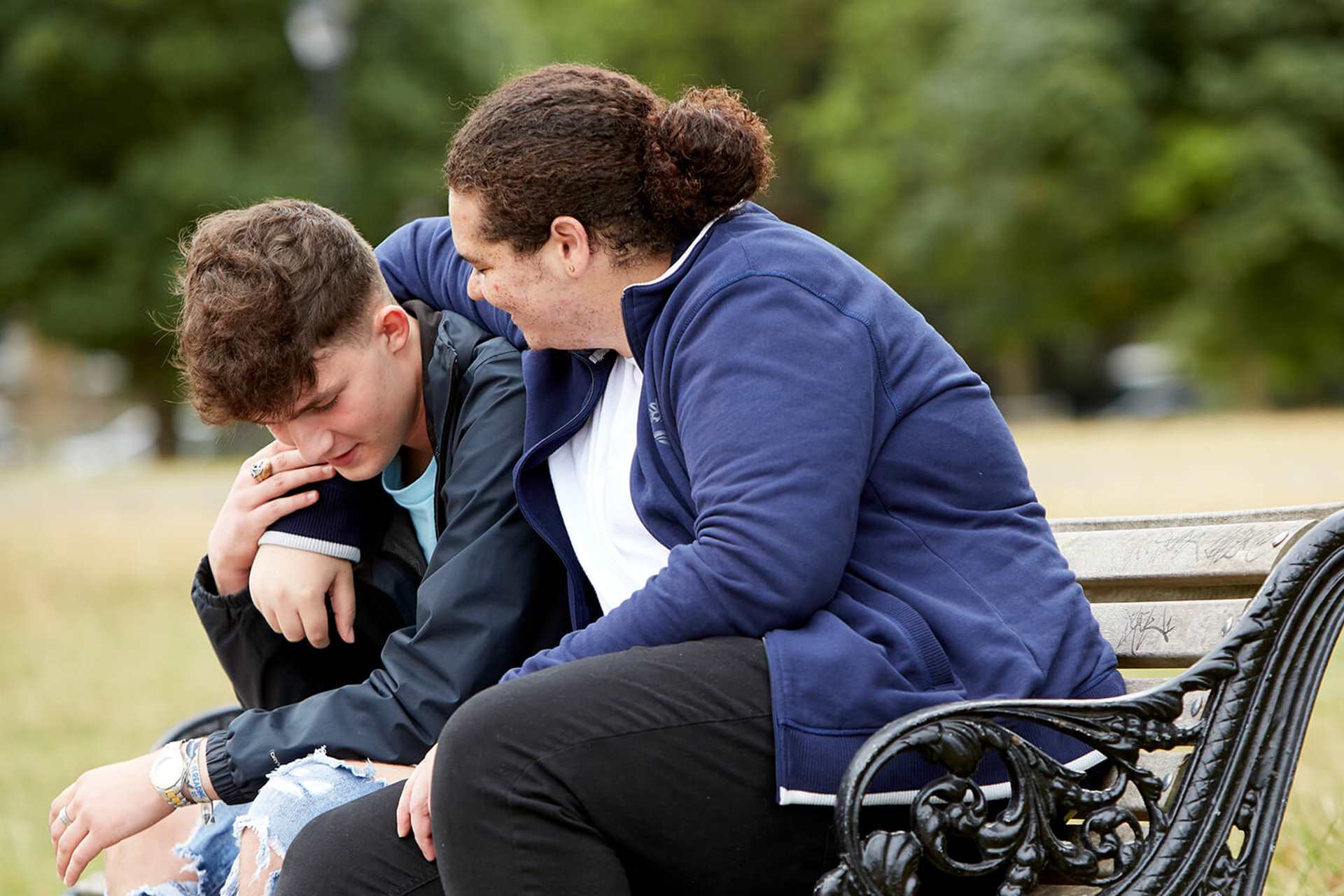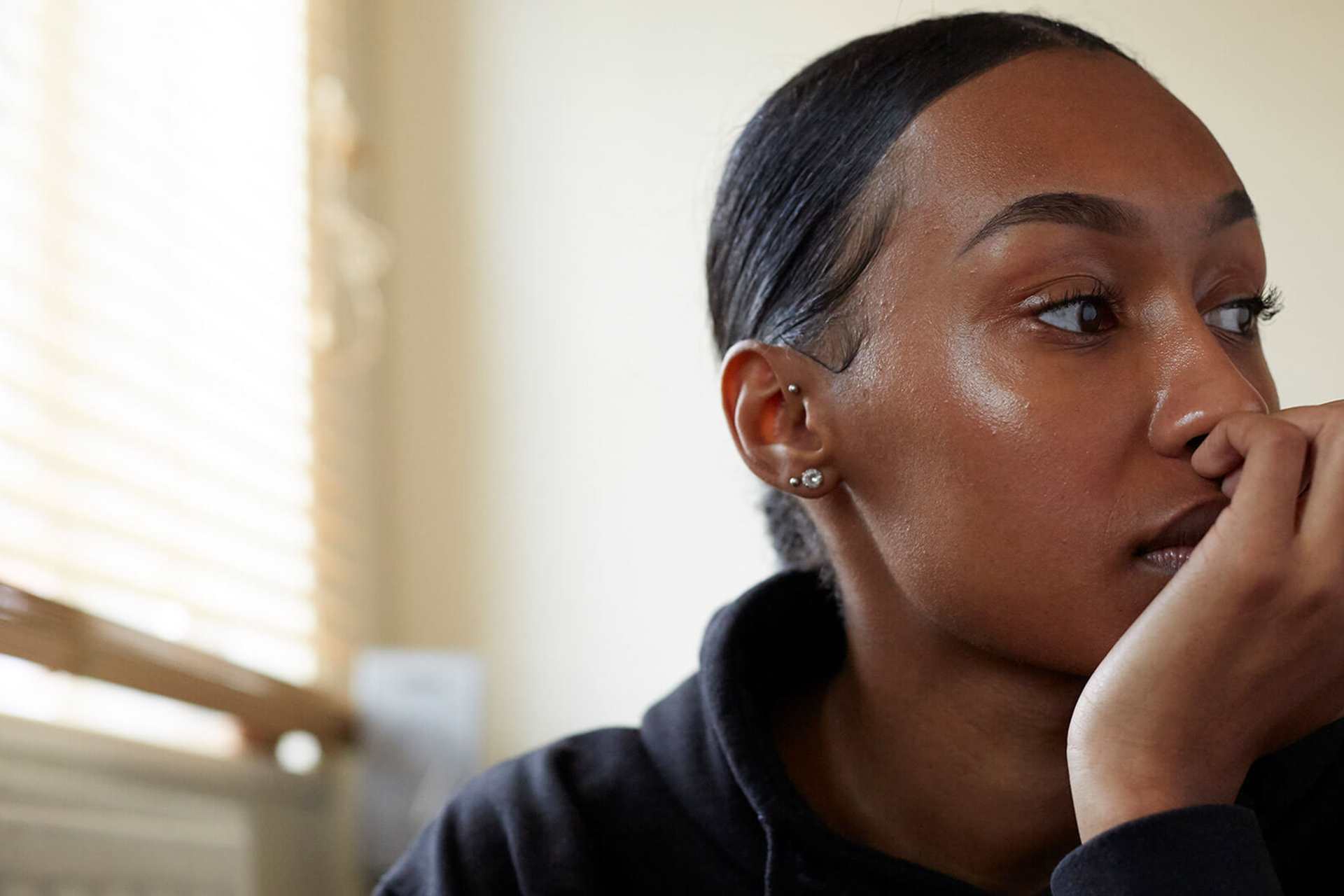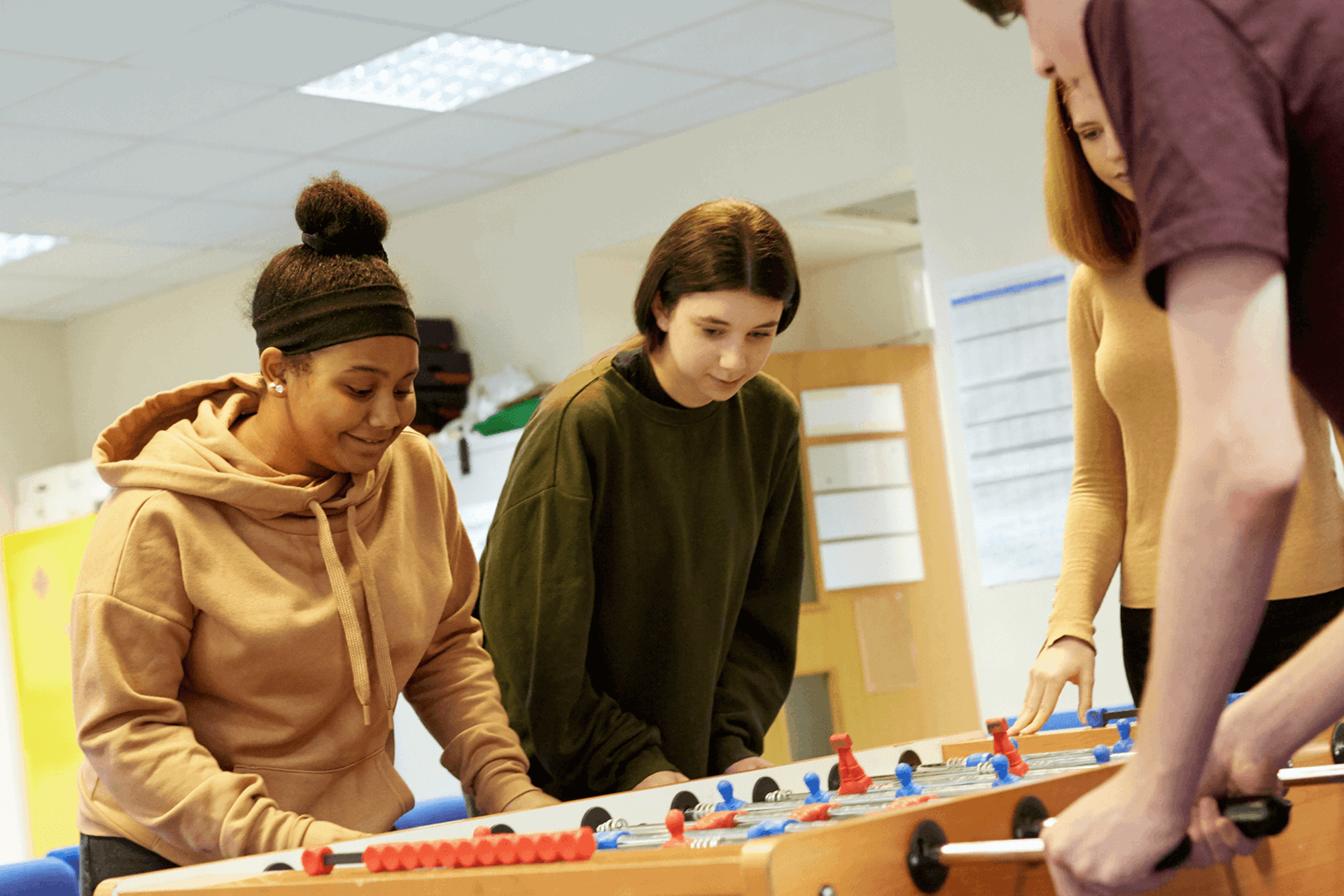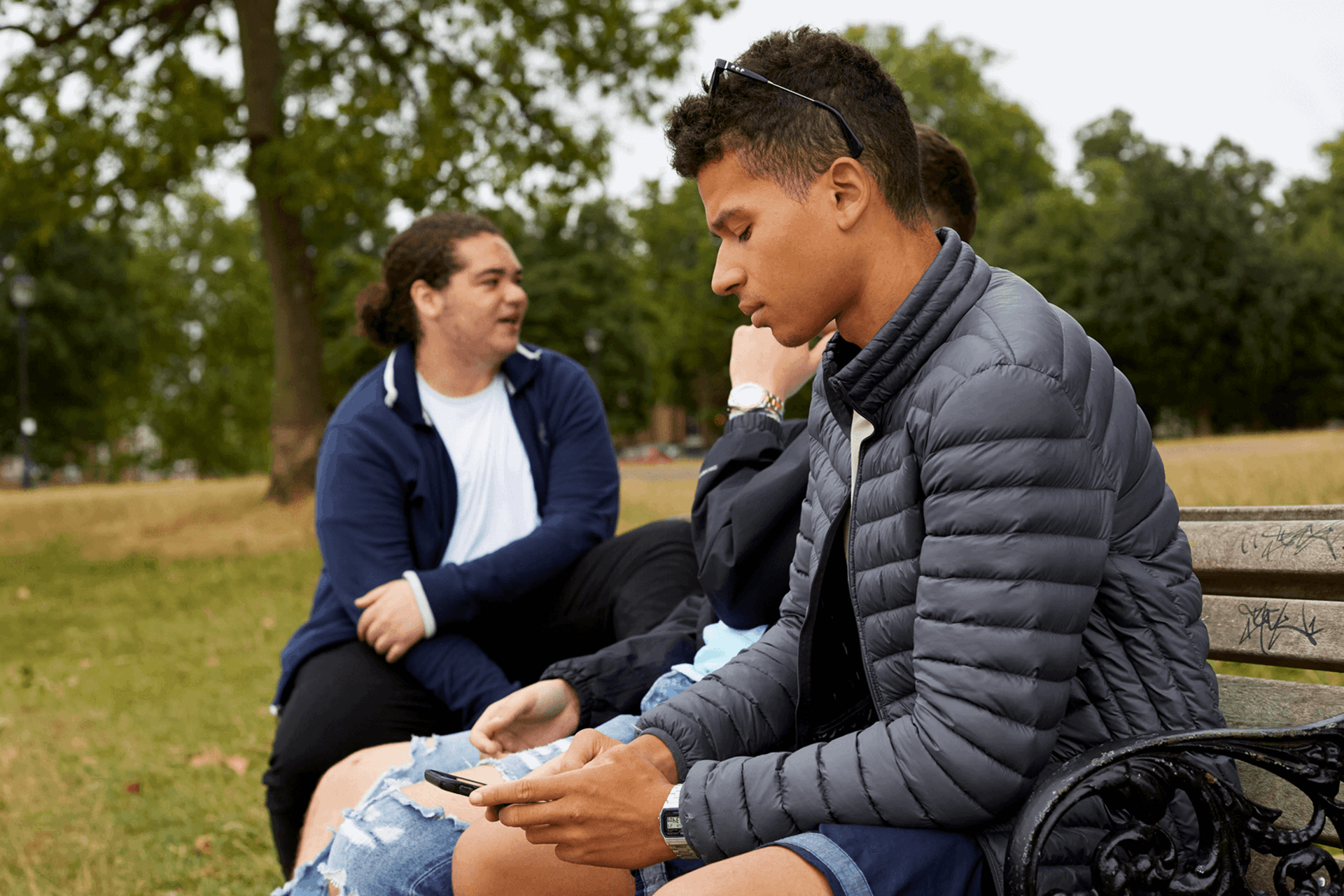Topics mentioned: borderline personality disorder, friends, counselling and therapy
About: Sophie explains what borderline personality disorder (BPD) feels like, how it affects her relationships and shares her advice for young people struggling.
My experience of borderline personality disorder
Borderline personality disorder (also called BPD) can cause a lot of pain, confusion and exhaustion. Sometimes it feels like every hour of every day is a mix of irritation, anxiety and paranoia. But with support, you can learn to manage your symptoms. Getting the right support often begins with getting a diagnosis.
When I eventually got diagnosed with BPD, it felt like a relief – like my feelings were valid.
Getting a diagnosis
When I first read up on BPD, it made me feel valid and understood. I mentioned this to my counsellor when I started CBT but they said it was unlikely that I had it, so I pushed the idea aside and told myself I was overreacting and that I should just get on with life, even though I was still struggling.
I then began to experience dissociative symptoms, where I became forgetful and completely unaware of my surroundings. I also began to experience splitting, which is a kind of black-and-white thinking where you view people, situations or events as being either all good or all bad. Splitting caused me to ruin so many of the friendships and relationships I had - even the ones I had had for more than a decade.
I often feel unsafe and unprotected, which frustrates me because I feel like I should be old enough to take care of myself.
I had a poor distorted image of myself, which made me feel constantly worthless and like my life was meaningless. I felt really hopeless and scared. When I eventually got diagnosed with BPD, it felt like a relief – like my feelings were valid.
How BPD affects me and my relationships
Struggling with these things can make it so hard for me to put a smile on my face for the people around me, and it affects every part of my life. Sometimes I feel like a vulnerable child in an adult world, and it can be so scary. I often feel unsafe and unprotected, which frustrates me because I feel like I should be old enough to take care of myself. It can be exhausting feeling like this. Every day, I experience severe fatigue, even when I’m sitting down. It makes me feel lazy, but I know in myself I can’t help it.
Behaving as a result of these feelings is also painful, especially as the main result is taking it out on others by accident. I can struggle to trust my closest friends and family members, and sometimes I’ll start trying to be even closer to them or need a lot of reassurance so I don’t have to fear them leaving me. I have even ended relationships with people before they could do it to me.
I find it so much easier to speak to others when they know more about my diagnosis and what it is all about, and all I wish for is for people to understand and respect my experience.
Telling people about my diagnosis
I find people not knowing about my diagnosis stressful, as it means they don’t know about how I act and why, especially in busy crowds or in awkward silent rooms. When I’m with someone who doesn’t know, it can make it hard for me to be myself without lying. Sometimes I pretend everything is alright, but it makes me sad saying I have such a bright life when actually every day feels like such a massive struggle.
For me, the best thing my friends and family can do to help understand is to research BPD, even if it’s just five minutes to learn the symptoms so they are able to recognise when that’s why I’m behaving a certain way. I find it so much easier to speak to others when they know more about my diagnosis and what it is all about, and all I wish for is for people to understand and respect my experience.
There is always someone available to help, even if it just means listening to what you have to say.
If you are struggling with borderline personality disorder, please talk to someone about how you’re feeling. This can be incredibly difficult, I know, but there is always someone available to help, even if it just means listening to what you have to say.
More information and advice
We have tips and advice to help you find the support you need. Take a look at our guides.
Where to get help
However you're feeling, there are people who can help you if you are struggling. Here are some services that can support you.
-
Samaritans
Whatever you're going through, you can contact the Samaritans for support. N.B. This is a listening service and does not offer advice or intervention.
- Opening times:
- 24/7
-
Childline
If you’re under 19 you can confidentially call, chat online or email about any problem big or small.
Sign up for a free Childline locker (real name or email address not needed) to use their free 1-2-1 counsellor chat and email support service.
Can provide a BSL interpreter if you are deaf or hearing-impaired.
Hosts online message boards where you can share your experiences, have fun and get support from other young people in similar situations.
- Opening times:
- 24/7

